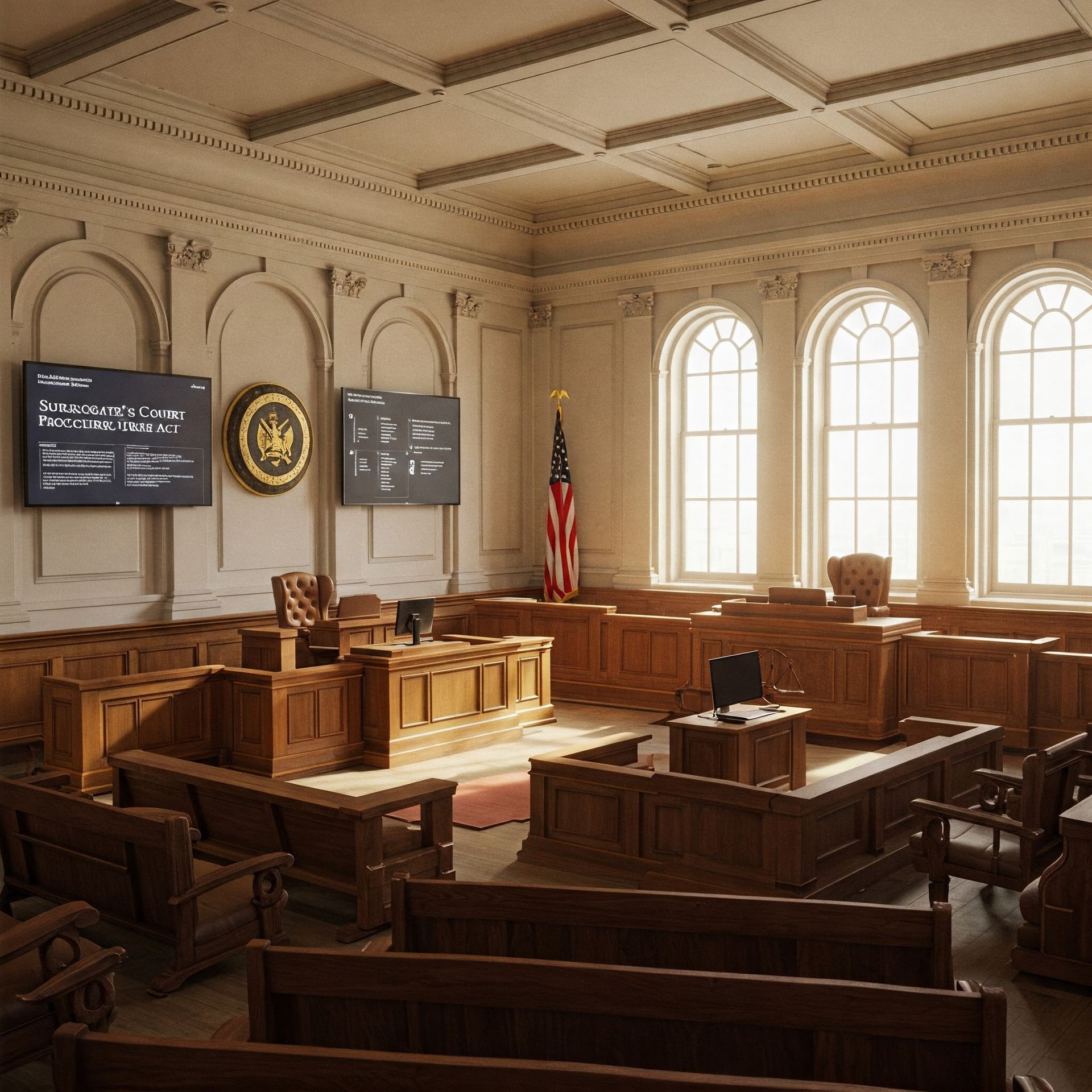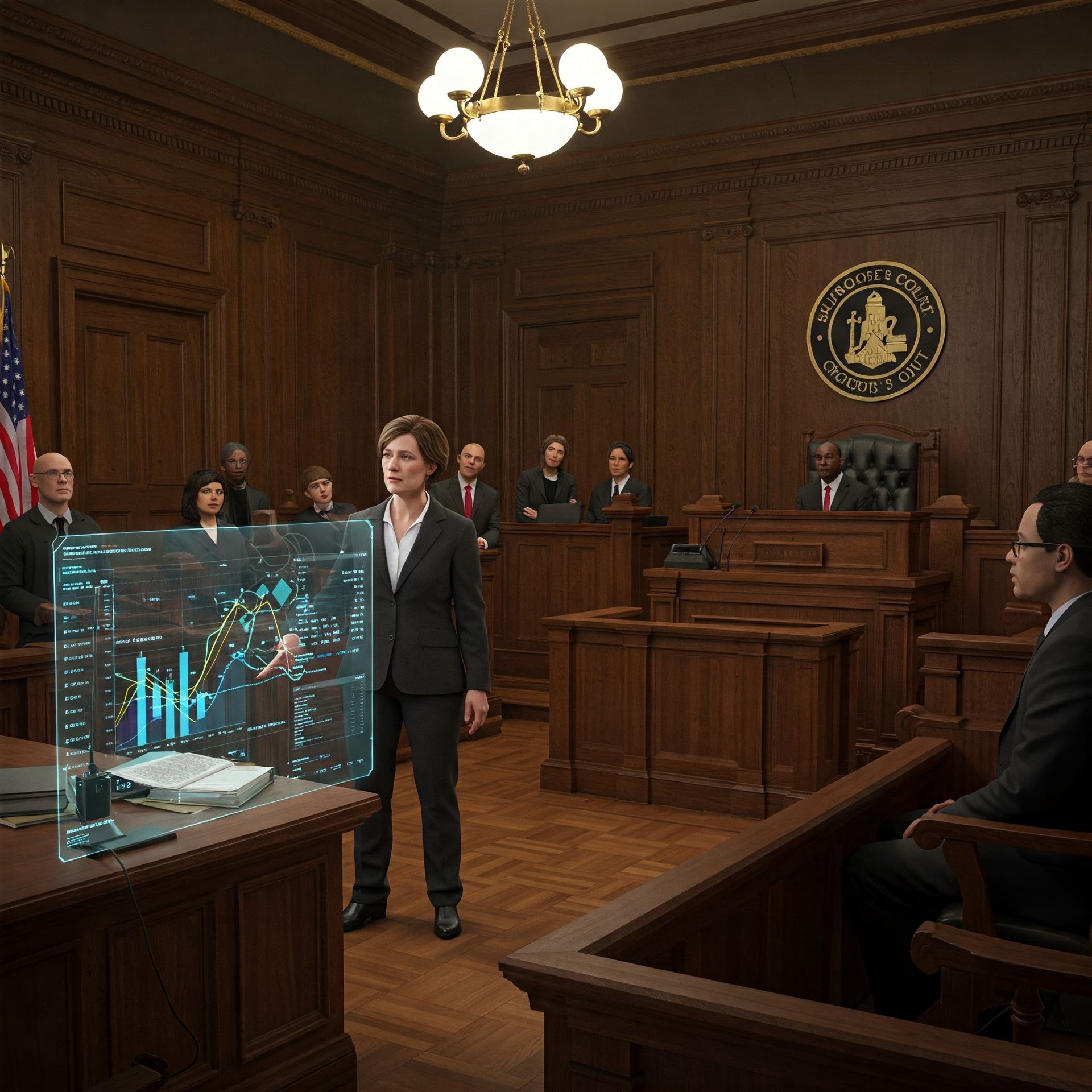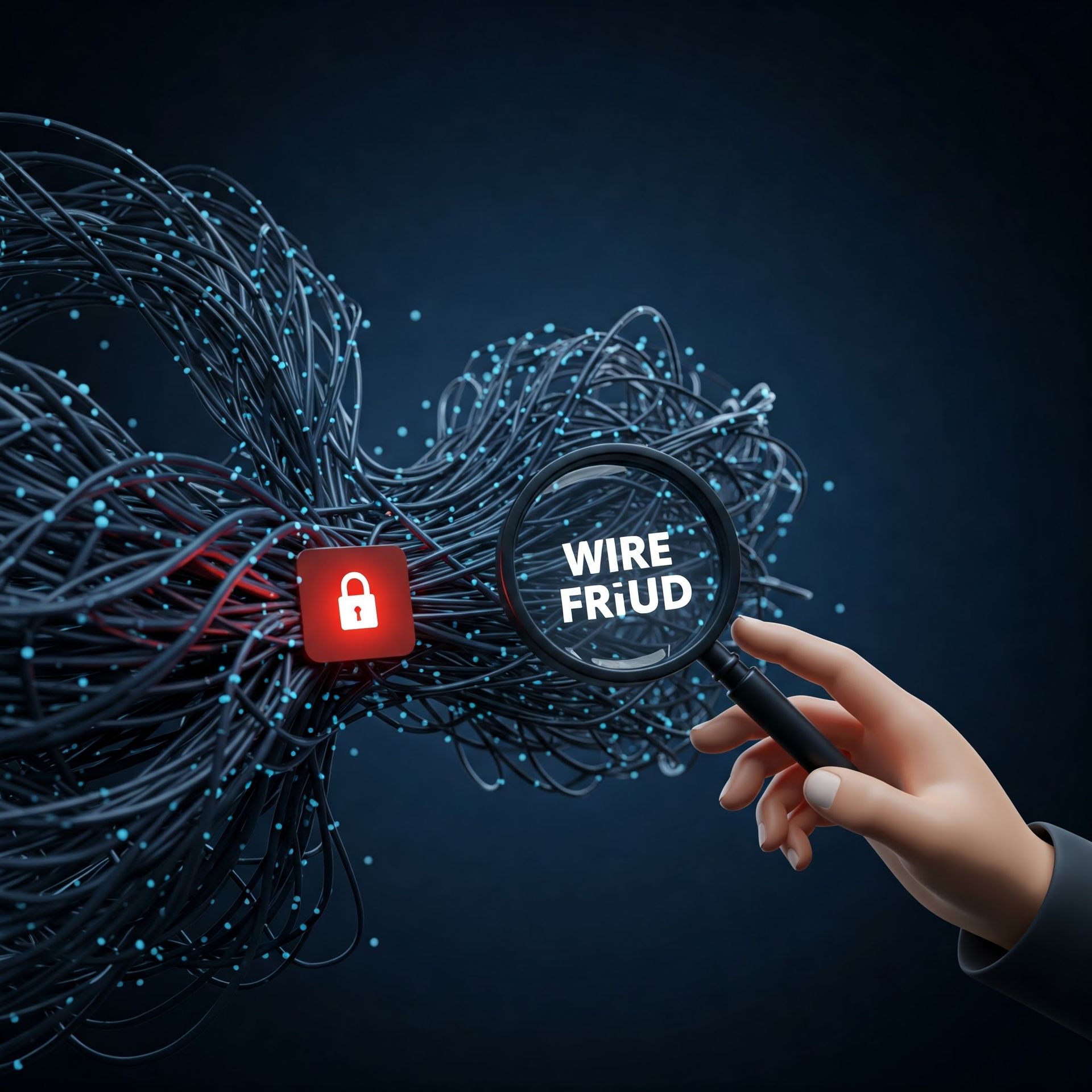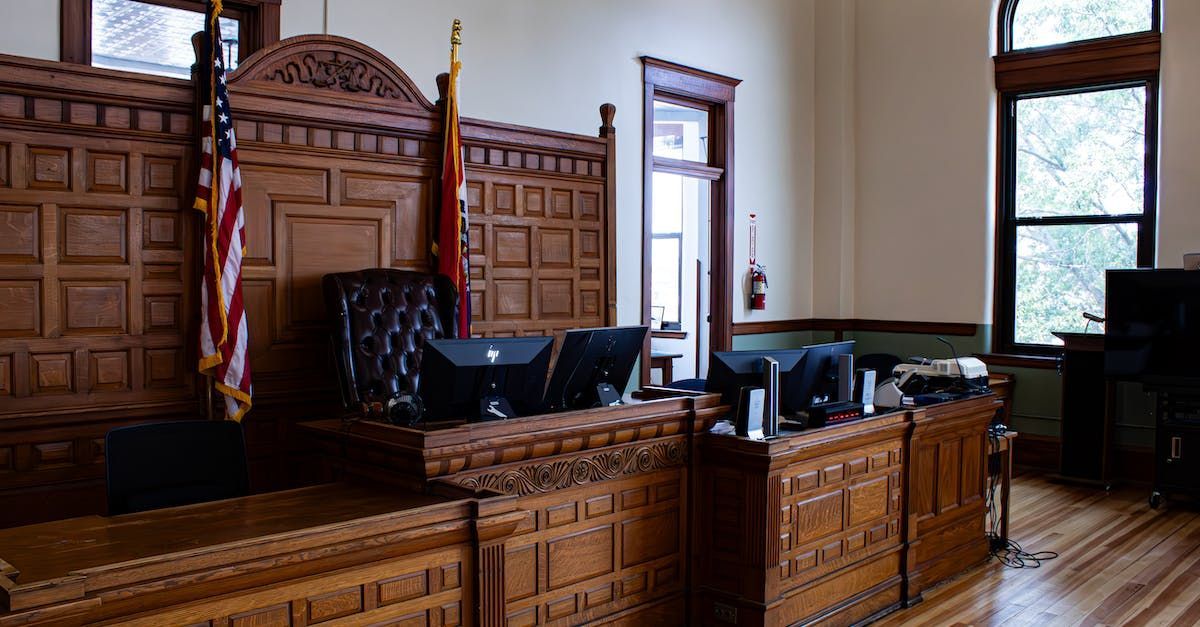By Probate and Estate Planning Lawyer Pinni Bohm
•
October 2, 2023
If you are involved in a Brooklyn or Manhattan probate or estate administration proceeding, you will be required to pay a filing fee to the Surrogate’s Court. These fees are set by the Surrogate’s Court Procedure Act (SCPA) 2402 and vary depending on the type and value of the proceeding. In this blog post, we will explain the different types of fees and how they are calculated. Probate Fees Probate is the legal process of validating a will and distributing the assets of a deceased person according to their wishes. To start a probate proceeding, you must file a petition and the original will with the Surrogate’s Court in the county where the decedent lived. You also must pay a filing fee based on the value of the estate passing by Will. The fee schedule for probate proceedings is as follows 1 : Value of Estate Passing by Will Fee Less than $10,000.......................$45 $10,000 but under $20,000.........$75 $20,000 but under $50,000..........$215 $50,000 but under $100,000........$280 $100,000 but under $250,000......$420 $250,000 but under $500,000......$625 $500,000 and over.........................$1,250 The fee is computed initially on the gross estate passing by will as stated in the petition. However, if the value of the estate is later shown to be higher or lower than the original estimate, an additional fee or a refund may be due. For example, if you initially paid $280 for an estate valued at $80,000, but later found out that the estate was actually worth $120,000, you must pay an additional fee of $140 ($420 - $280). Conversely, if you initially paid $625 for an estate valued at $300,000, but later found out that the estate was actually worth $200,000, you would be entitled to a refund of $205 ($625 - $420). The probate fee includes all charges, except if probate is contested. If someone objects to the validity of the will or your appointment as executor, you may have to pay additional fees for filing objections ($150), demand for jury trial ($150), or note of issue ($45). Administration Fees Administration is the legal process of distributing the assets of a deceased person who died without a will (intestate) according to the laws of New York. To start an administration proceeding, you must file a petition and other documents with the Surrogate’s Court in the county where the decedent lived. You also need to pay a filing fee based on the value of the estate passing by intestacy. The fee schedule for administration proceedings is as follows 1 : Value of Estate Passing by Intestacy Fee Less than $10,000................................$45 $10,000 but under $20,000..................$75 $20,000 but under $50,000..................$215 $50,000 but under $100,000................$280 $100,000 but under $250,000..............$420 $250,000 but under $500,000..............$625 $500,000 and over................................$1,250 The fee is computed initially on the gross estate passing by intestacy as stated in the petition. However, if the value of the estate is later shown to be higher or lower than the original estimate, an additional fee or a refund may be due. The same examples as above apply. The administration fee includes all charges, except if administration proceeding is contested. If someone objects to your appointment as administrator or to the distribution of the estate, you may have to pay additional fees for filing objections ($75), demand for jury trial ($150), or note of issue ($45). Other Fees There are other types of proceedings and matters that may require fees in the Surrogate’s Court. Some examples are: Accounting: This is when you file a report of how you managed and distributed the estate assets as executor or administrator. The fee for filing an accounting petition is based on the value of the estate accounted for and ranges from $45 to $1,250 1 . Guardianship: This is when you seek to appoint a guardian for a minor or an incapacitated person. The fee for filing a guardianship petition is based on the value of the property or income of the person in need of a guardian and ranges from $20 to $400 1 . Trust: This is when you seek to create, modify, or terminate a trust for the benefit of a beneficiary. The fee for filing a trust petition is based on the value of the trust property and ranges from $45 to $1,250 1 . Miscellaneous: There are other fees for various services and matters in the Surrogate’s Court, such as filing a will for safekeeping ($45), filing a bond ($20 or $30), or obtaining a certified copy of a document ($8) 1 . How to Pay the Fees You can pay the fees by cash, cashier's check, money order, or credit card. But, some courts may not accept all forms of payment, so you should check with the local county court for information on acceptable methods of payment 2 . You can find the contact information of the Surrogate’s Courts in Brooklyn, Manhattan, Queens, Bronx, and Staten Island on the court's websites. Conclusion Filing fees are an unavoidable part of dealing with probate and estate administration matters in New York. However, by knowing the types and amounts of fees and how to pay them, you can avoid surprises and plan your budget accordingly. If you need help with any aspect of probate or estate administration, you should consult with an experienced attorney who can guide you through the process and protect your rights and interests. Please call our Brooklyn or Manhattan offices at 718-407-4461 or 212-920-5224 to discuss how we can assist you with this estate process. Hiring an attorney not familiar with New York estate law to represent you in your estate proceeding might lead to unfortunate consequences that will cost you more money in the long-run. Bohm Law Firm - Brooklyn Probate and Estate Planning Lawyer




















